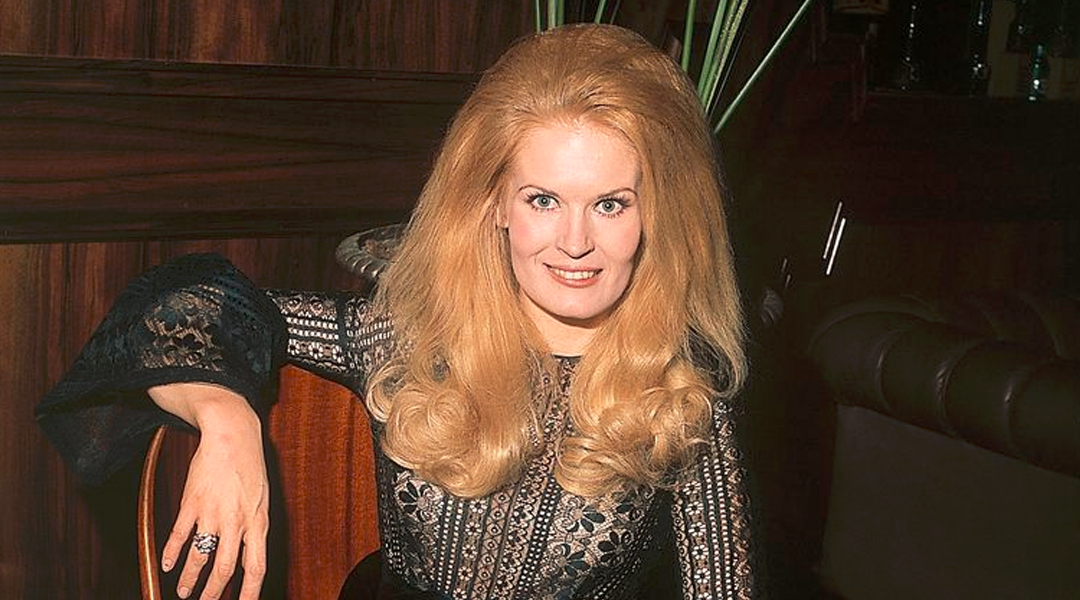
Heartache in Bloom: A Promise of Love Tempered by Life’s Thorns
Released in late 1970, “Rose Garden” became a defining anthem for Lynn Anderson, soaring to No. 1 on the Billboard Hot Country Singles chart and peaking at No. 3 on the Billboard Hot 100. Featured on her breakthrough album Rose Garden, the song propelled Anderson into the mainstream spotlight and became one of the most iconic cross-genre hits of its era. With its sweeping orchestration and forthright lyrics, the track bridged the gap between traditional country storytelling and the polished pop sensibilities of Nashville’s countrypolitan sound, earning Anderson a Grammy Award for Best Female Country Vocal Performance in 1971.
Originally penned by Joe South, “Rose Garden” had previously been recorded by other artists, but it was Anderson’s rendition—buoyed by producer Glenn Sutton’s lush arrangement and her commanding vocal delivery—that transformed it into an enduring classic. Sutton, who was also Anderson’s husband at the time, reimagined South’s relatively stripped-down composition into a dramatic, string-laden production that allowed Anderson’s voice to shine with both strength and vulnerability. In doing so, they crafted a version that not only captured the melancholy embedded within the lyrics but elevated it to something almost defiant in its emotional honesty.
At its core, “Rose Garden” is an unflinching acknowledgment of love’s limitations. The oft-quoted chorus—“I beg your pardon / I never promised you a rose garden”—resonates as both an apology and a revelation. It speaks to the tension between romantic idealism and reality, between what we yearn for and what life actually provides. The narrator does not dismiss love’s beauty; rather, she insists on its complexity. There will be sunshine, yes—but also rain. There will be joy, but not without sorrow.
This emotional equilibrium, presented through Anderson’s radiant yet measured performance, distinguishes “Rose Garden” from countless other love songs of its time. Rather than offering escapism, it delivers a sobering but compassionate truth: that happiness must coexist with hardship, and that true intimacy is forged not in perpetual bliss but in shared resilience.
Musically, the song embodies this dichotomy. The arrangement is deceptively buoyant—a brisk tempo, bright acoustic strums, a sweeping orchestral backdrop—but this lightness frames a lyric steeped in emotional realism. Anderson’s voice dances across this terrain with grace: neither maudlin nor saccharine, she imbues each phrase with quiet conviction. It’s as if she has lived every line.
In an era dominated by male voices in country music—and often preoccupied with themes of heartache from a singular perspective—Lynn Anderson’s “Rose Garden” offered something rare: a female viewpoint that was neither victimized nor romanticized. It simply was—clear-eyed, resilient, deeply human.
Over five decades later, “Rose Garden” remains more than just a commercial triumph; it endures as a cultural touchstone precisely because it refuses easy sentimentality. It reminds us that love doesn’t guarantee perfection—but even amid the thorns, there is profound beauty worth tending.